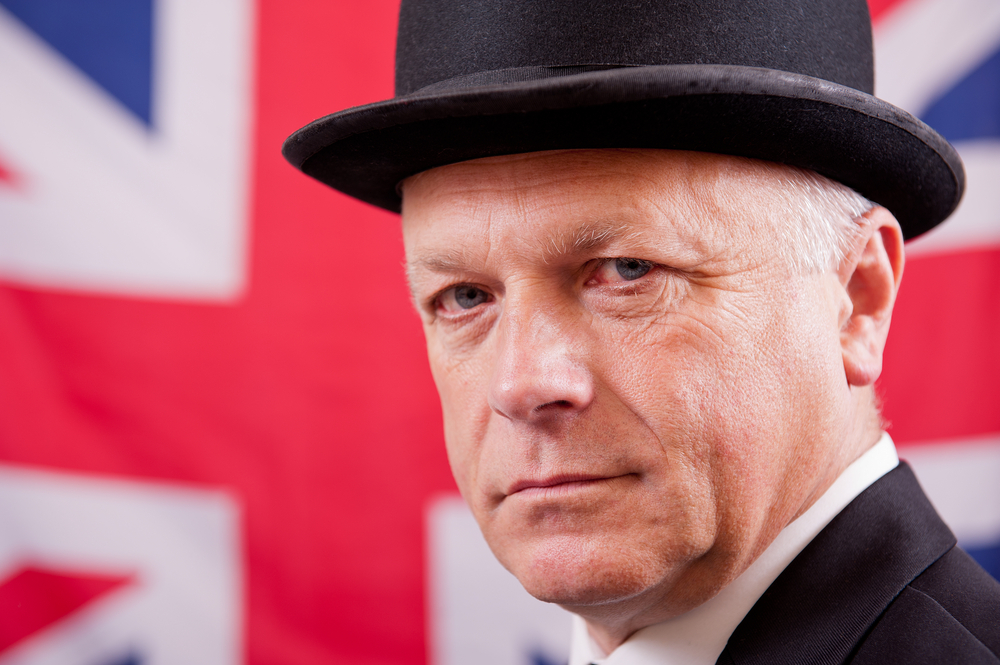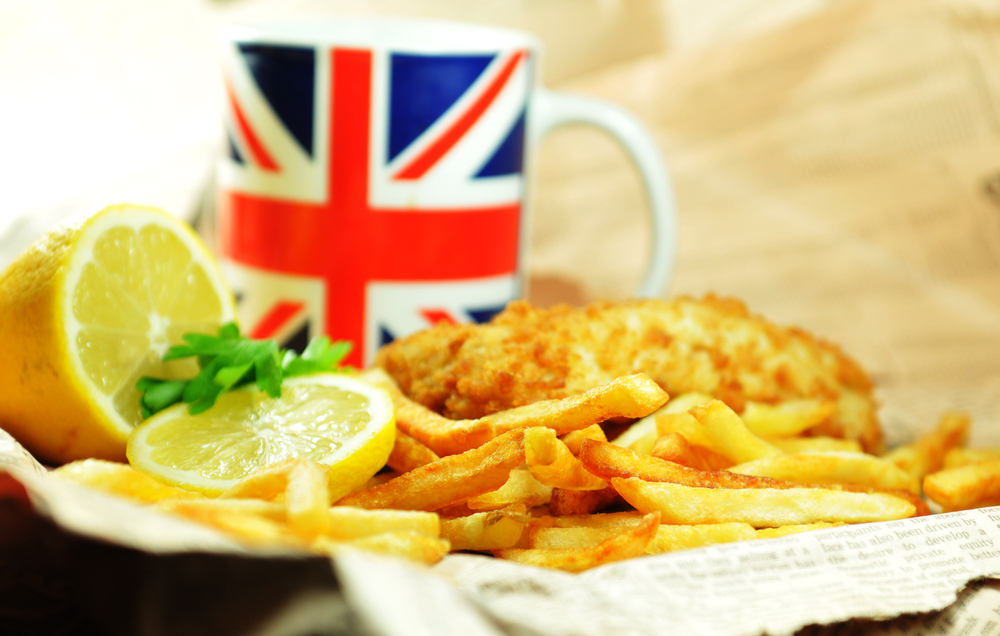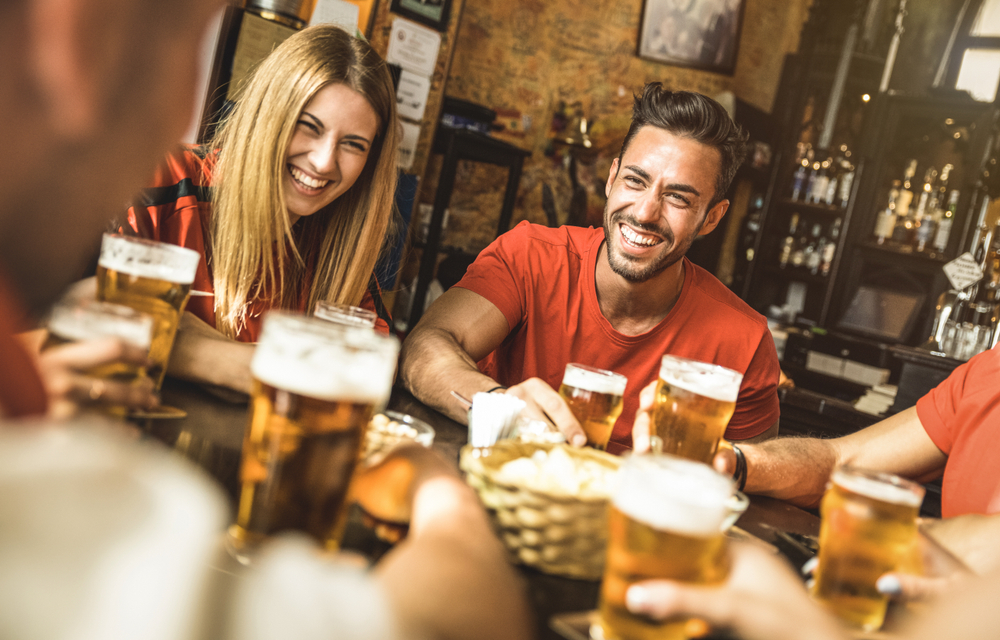Culture and Society: Stereotypes
Being both oversimplified and an opinion by definition, a stereotype about a group of people may have much or very little truth to it. While painting any group with a single brush can be risky, knowing that certain stereotypes exist can be an important step in understanding a culture. If you're a traveler, this knowledge can help you avoid offending the people of your host country.
The following stereotypes are presented in two sections: first, those often held by foreigners visiting this country; and second, those often held by the country's own inhabitants. The description below each entry attempts to explain why some people may believe the given stereotype.
Please note that these stereotypes do not necessarily represent the views of World Trade Press or its employees, but are presented here in an effort to make you a more informed researcher or traveler. Through your own experiences you may find some or all untrue, only partially true, unfair, or fairly accurate.
Stereotypes of the British as Accepted by Some Foreigners
Class-Oriented
The British have a social hierarchy based on education, bloodline, and accents. Only they understand it.
Foreigners—even other native English speakers—have a difficult time telling one British accent from another, but the British have no such difficulty. In fact, the accent is the first means by which to identify a fellow Brit’s background, and thus their position in the British pecking order. Old family names and school associations are additional means to “place” a person and then determine whether or not someone is acceptable or neglectable. The Brits preach about a “classless” society, but everyone knows it is just talk.
Stiff Upper Lip
The British like to hold their emotions in check at all times and present a consistently cool demeanor.
The image of the plucky Brit who weathers on in any situation without complaint or comment is something the British hold near and dear. They abhor the loud and opinionated American style as much as they do the highly emotive outbursts of Europe’s Latin cultures. The whole idea of “Cool Britannia” describes not only British fashion sense but their emotional IQ as well. Calm and reserved with a resolute stiff upper lip is how most of the British would like to be seen, but the reality is far different—especially at the pub.
Lean Cuisine
The British have the worst food in Europe and everything is either overcooked or flavorless.
This stereotype may have been true a few decades ago, but nothing could be farther from the truth today. In fact, London is now said to have some of the best restaurants in the world, bar none. The British are great travelers (and colonizers) and they have brought back the best of the globe as well as having revived more traditional rural recipes. Famed British comedian John Cleese once remarked that the British had such awful cuisine because they had devoted all of their energy in running a global empire. Those days are long gone on both counts, and in fact, the flavorful Indian dish chicken tikka masala is England's national dish!
Not Too Sexy
The British are of two minds about sex: adolescent obsession or puritanically indisposed.
Compared to their French cousins, the British do indeed seem to follow their self-parody of “No sex please, we’re British.” Some chalk this up to a climate that does not encourage nakedness, while others claim it is just Protestant-inspired restraint. Sex scandals fill the tabloids, however, and entire British governments have been brought down by ministerial sexual escapades. Pornography is a big business in Britain, and the half-naked “page 3 girl” photo is a staple of British journalism.
Cut Above
The British think that they are the apotheosis of culture and that everyone else is a pale imitation.
The British have never really gotten over the accomplishments of their ancestors and the global empire established by such a tiny island nation. The very fact that English is now the established “world language” is—according to the British, at least—proof positive that the cream does indeed rise to the top. Although they no longer have the economic and military power they once wielded, the British like to remain in the forefront of world affairs and prove that they can still “punch above their weight” when called upon.
Stereotypes of the British as Accepted by Some British
Economic Model
We are the true driving force in Europe and our colleagues would be wise to follow our lead.
Having cast aside socialism during the Thatcher years, Britain sees Brussels’ social infrastructure as an inefficient anachronism, but it loves the free-trade aspects. Having long felt their country straight-jacketed by European Union regulations, the British people in 2016 voted in a historic "Brexit" referendum to leave the union altogether. The UK’s economy has outperformed Germany and France (the supposed “engines” of Europe), and the British cannot figure out why they are not being used as the model for European development.
Donors Not Thieves
We British may have been colonizers, but we left behind more good than bad when we departed.
From world sports like football (soccer) and rugby to massive railway networks, democratic political structures, language skills, education systems, healthcare infrastructure, and even orderly bureaucracies, the British have left their mark in a swathe right 'round the globe. Although the British will admit to the dark side of their colonial past, they are equally quick to point out that they pushed their colonial subjects’ cultures centuries ahead within a short time. The subject nations do not always share this rosy view of the past, however.
Funny Lot
We have a very distinct sense of humor that is more intellectual than visceral. Foreigners won’t get it.
Many English-speaking foreigners often find the British sense of humor a bit on the “dry” side. In conversation, the British form of “joking around” may appear to be little more than making fun of someone else’s inability to get an inside reference. Comedic entertainment could range from the clever wordplay of Wodehouse to the manic skits of Monty Python to the ham-handed vaudeville of the standard British sitcom. Different? Yes. More intellectual? Only sometimes.
Cracks in the Porcelain
Britain is coming apart at the seams as a single culture. Diversity has destroyed the concept of being British.
The Scots have “devolved” into an autonomous entity, the Welsh are moving in the same direction, Northern Ireland has always been Irish, and the English cannot even decide on what being English actually means. British newspapers are full of “Where are we headed?” debates while the Asian, African, and Caribbean ethnic communities in the UK claim they have never been permitted to be fully British anyway. The loss of the Empire was hard enough on Britain, but the realization that Britain itself may be a chimera is really shaking the country to its core.
Drinking Culture
We like to work hard and play hard. When we play hard that usually means drinking ourselves stupid.
Lager louts, cocktail-guzzling ladettes, and the camaraderie found within the British pub are all part of the UK pub scene—and figure heavily in the British image abroad. Restricted service hours created the British habit of downing pints at breakneck speed, and being drunk—really drunk—in public is not considered a social taboo. London is one of the few capitals in the world where you can find hordes of businessmen in $1000 suits staggering around “legless” at 7 p.m. Add to that the rowdy Brits kicked out of, or actually banned from, English football games outside the country, and you have the makings of an England that is not so prim and proper.
Copyright © 1993—2024 World Trade Press. All rights reserved.

 United Kingdom
United Kingdom 


